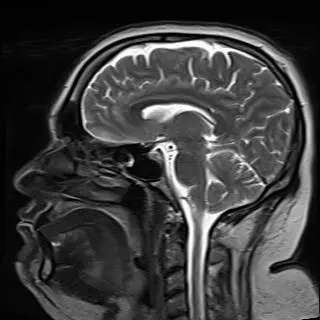No, because a Utopia is a Utopia for everyone or it’s not a Utopia.
Utopia means “no place” so all utopias, by definition are imaginary.,
Yes!
"The word utopia was coined in 1516 from Ancient Greek by the Englishman Sir Thomas More for his Latin text Utopia. It literally translates as “no place”, "
So, when people say they’ll be happy in utopia, they’re unintentionally making a depressing dark joke?
They are essentially saying that they would be happy in a place that does not exist. Doesn’t exclude the possibility that happiness could still be found in a place that does.
Neverland
This the etymology yes.
“But it now usually describes an ideal society that is considered better than contemporary society.”
So, as you can see we’re not in ancient greece, are we? “Buzz lightyear smug squint”
Interesting concept. Kind of like “is it really heaven if people you didn’t like while you were alive are also there?”
Utopia can never be utopia for everyone because some people will want hierarchy and superiority over others. So with this requirement, utopia cannot exist. Maybe that’s why it doesn’t :D
“Utopia” doesn’t mean everyone gets what they want. People can want things to be worse while still living in a Utopia.
I agree with your more sensible definition but it is a slippery concept.
It’s a bit ambiguous what it means to say:
unless it’s Utopia for everyone
Is it Utopia “for” someone if it isn’t their idea of Utopia? Seems like you are saying yes.
But if yes, then as long as current conditions meet anyone’s definition of utopia, then we’re all living in one.
Which brings us back to the OP.
But if yes, then as long as current conditions meet anyone’s definition of utopia, then we’re all living in one.
No, Utopia has a defined set of meanings. If current conditions meet someone’s definition of Utopia, but doesn’t meet the defined set of meanings, it doesn’t mean current conditions are Utopia.
Where exactly is this defined meaning?
utopia (noun) an imagined place or state of things in which everything is perfect.
According to Oxford Languages it is very much in the eye of the beholder and not objectively defined.
Let’s go with the Cambridge definition:
a perfect society in which people work well with each other and are happy
The Oxford Languages definition is incomplete enough to not be a valid counter argument - “perfect” doesn’t mean everyone 100% gets what they want. The only sensible interpretation is “perfect” from a societal perspective.
Well we may just have to disagree. Even your definition requires that everyone be happy, and cooperating. I think that goes against your earlier contention that regardless of what people want, utopia has an objective definition.
It is what people want it to be, and people want different things.
Utopias are inherently dystopian in they only work when everyone wants the same things and everyone is bound by strict rules. There is no such thing as a utopia.
You better start believing in cyberpunk dystopia Miss Turner. You’re in one!
Do we at least get cool cyborg bodies that last longer and cool advanced tech?
Best I can do is cyber-psychosis and some shit from 10 years ago
Goddamn it Rick you swindler
No, but we have shitty A.I videos that will probably spread propaganda on Facebook, so nearly just as good!
After 1 billion the billionaire wants 2 billion.
You can rest soundly knowing these people too will never be happy.
The handful I’ve encountered up-close-and-personal are legitimately miserable. Nice trips, sure. Nice stuff. But the opposite of “joyful” in a very obvious way.
If you’re thinking of American right-wingers and fascists who are currently celebrating Trump’s victory, I must say their view of the world is so dark, negative and pessimistic, that nobody could really describe it as utopia-like. This is a brief respite for them, nothing more.
If you’re thinking more abstractly, or of some very specific incredibly lucky people, then I guess it could be so.
This planet belongs to the ants, we are just their NPCs.
One man’s Heaven is another man’s Hell.
Walking away from Omelas?







